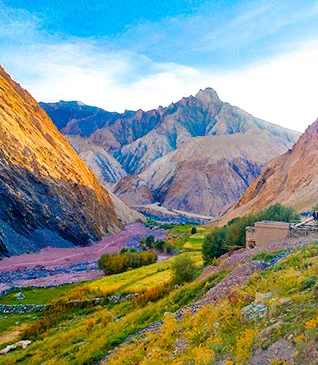Trekking isn’t limited to reaching the summit point, it also includes the lives we touch and the footprints we leave behind. At Trek The Himalayas, we believe every step through the mountains should be taken with purpose and awareness. As trekkers venturing into remote and fragile environments, we hold a responsibility to be mindful of our surroundings and adopt sustainable practices.
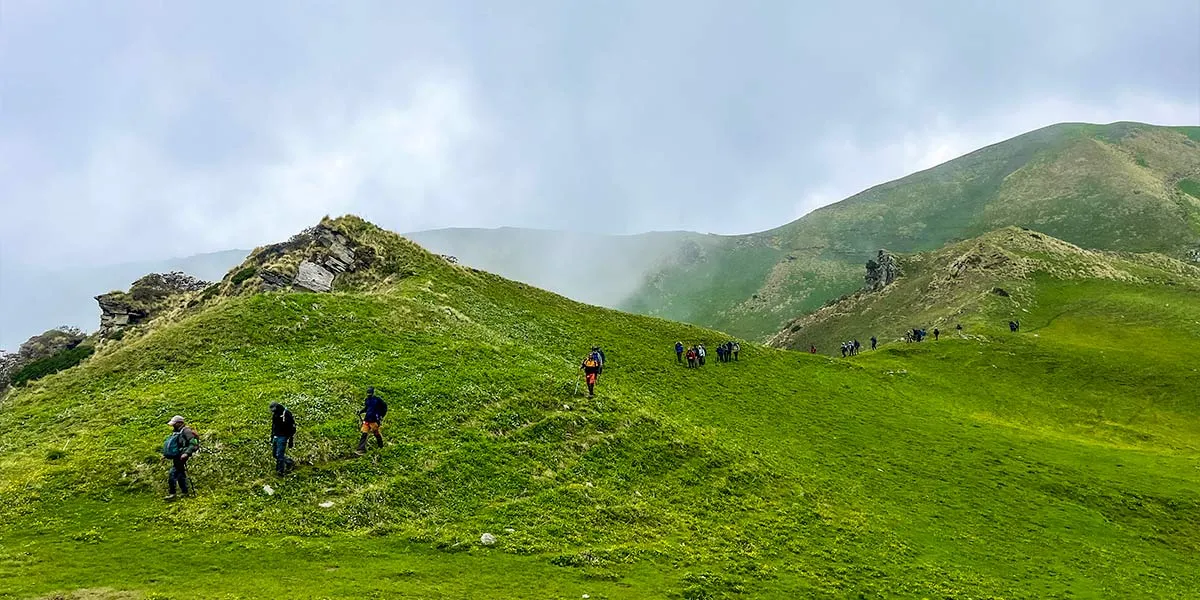
Since our inception, our mission has been two fold:
- To offer life-changing trekking experiences across the Indian Himalayas.
- To ensure these experiences are rooted in sustainability, respecting nature, empowering local communities, and promoting ethical tourism practices.
Our Responsible Tourism Policy is a reflection of this commitment. It shapes how we operate, how we engage with the environment and communities, and how we contribute to preserving the Himalayas for future generations. As part of our Responsible Tourism Policy, here are the core practices we follow to ensure our trekking journeys remain environmentally conscious, community-driven, and culturally respectful.
1. Environmental Responsibility
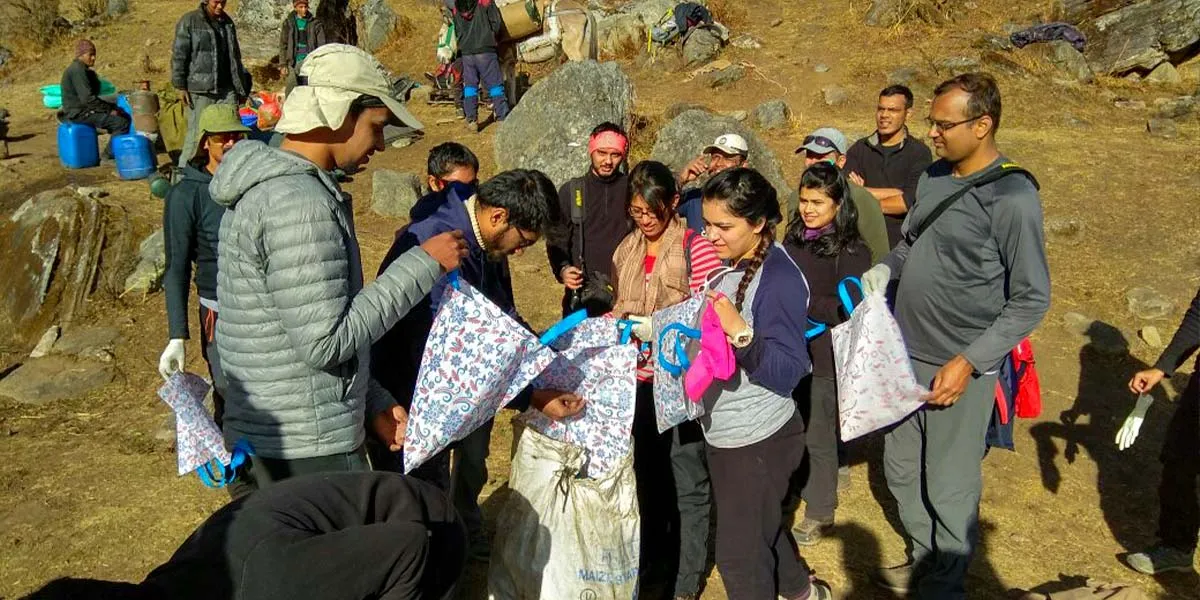
Protecting the natural places we explore is a key part of how we operate. At Trek The Himalayas, we follow a well-planned, eco-friendly approach on all our treks to make sure we leave no harm behind. We aim to leave only footprints and take away meaningful memories. Here’s how we include responsible practices in every journey.
Leave No TraceWe strictly adhere to the “Leave No Trace” principle. Every piece of non-biodegradable waste generated during the trek is carried back and responsibly disposed of. Items like plastic bottles, wrappers, and single-use packaging are actively discouraged. Instead, trekkers are urged to carry reusable water bottles and containers. Our teams ensure that campsites are left cleaner than we found them, contributing to a cleaner, healthier Himalayan ecosystem.
Waste ManagementWaste management is an essential pillar of our operations. We provide reusable garbage bags to all trekkers and staff, making it easy to collect and manage waste along the route. The waste is then segregated at the source and disposed of through our in-house initiative, Heal Himala, which focuses on creating awareness and taking action towards a litter-free environment.
Eco-Friendly TrekkingWe also promote Eco-Friendly Trekking by eliminating the use of campfires, which can damage fragile alpine ecosystems and deplete natural resources. Biodegradable toiletries are recommended for all trekkers, with a clear no-wet-wipes policy due to their harmful environmental impact. Moreover, we limit trekking on fragile or overused trails and always seek less intrusive routes whenever necessary.
2. Community Engagement and Empowerment
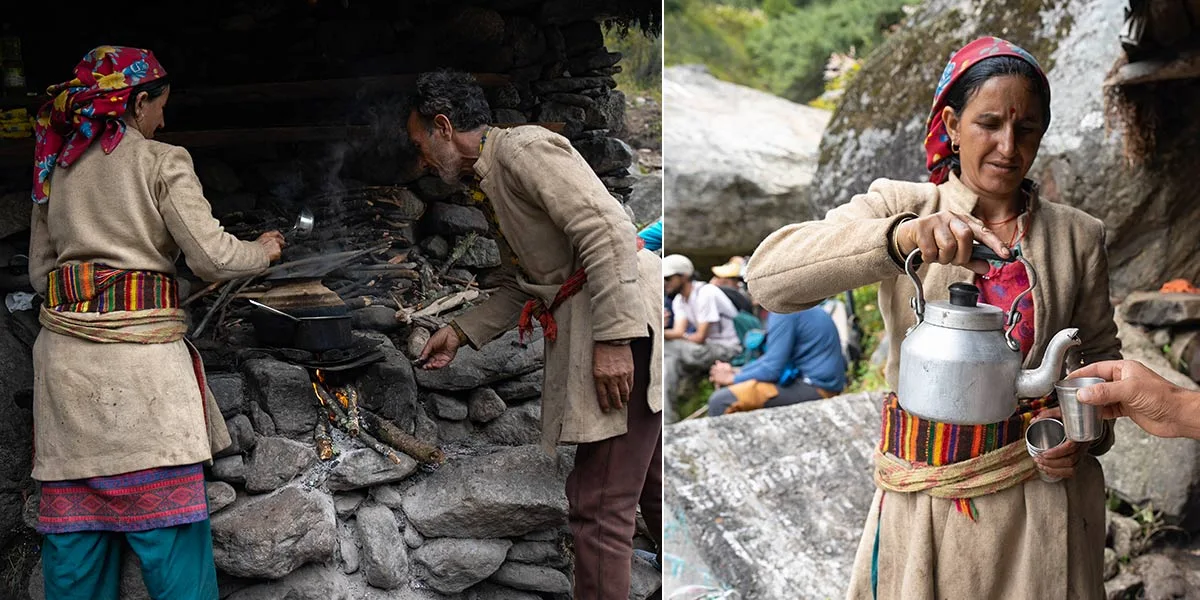
We believe that true responsible tourism uplifts the communities that call the Himalayas their home. We are committed to building strong relationships with local people and supporting their livelihoods in every region we operate.
We ensure that a large part of our workforce comes directly from nearby villages. Local guides, porters, cooks, and support staff are not only fairly paid but also receive proper safety training and support. By hiring locally, we create employment opportunities and help preserve traditional knowledge of the mountains. We also promote community-based tourism by encouraging trekkers to stay in homestays where available, and by partnering with village-level initiatives. This way, the economic benefits of trekking directly reach the people on the ground.
To further support long-term growth, we offer skill-building workshops and courses, particularly for local youth and women. These programs focus on mountaineering, eco-tourism, hospitality, and safety practices, empowering them to become future leaders in the trekking and tourism industry.
3. Cultural Sensitivity
Our trekking experiences are not limited to beautiful views, it also expands to diverse cultures, traditions, and ways of life in the mountains. At Trek The Himalayas, we take responsibility to ensure that our presence respects and preserves the cultural heritage of the regions we pass through. Before beginning with any trek, we provide detailed briefings to trekkers about local customs and religious practices. This helps build awareness and promotes meaningful and respectful interactions between visitors and local communities.
We encourage a responsible cultural exchange, rather than just a trekking experience. Trekkers are guided to observe and engage with local life in ethical and mindful ways. The local guides, working with us, know the traditions and religious practices of the local region better than anyone, helping the trekkers with the best cultural experience. By these practices we aim to create a better understanding of the places our trekkers visit, not just in terms of landscapes, but also the people who bring these regions to life.
4. Safety, Ethics and Standards
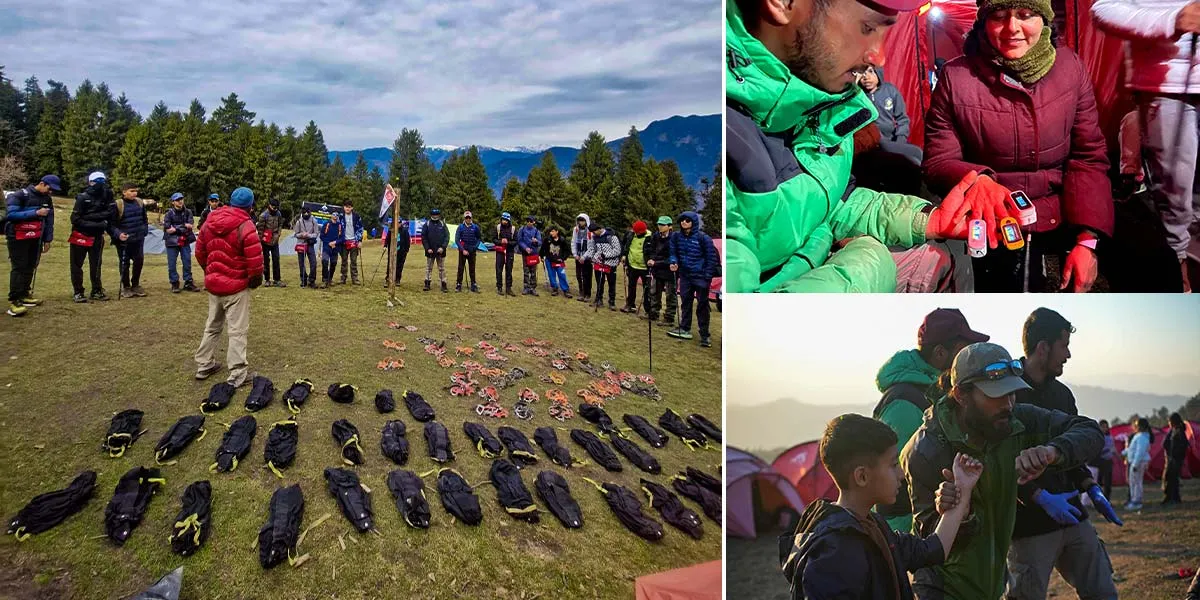
Ensuring the safety of both trekkers and staff is a top priority at Trek The Himalayas. We follow strict safety protocols and ethical standards across all our operations to create a secure and responsible trekking environment. All our trek leaders are certified in mountaineering and wilderness first aid. We conduct regular health checks, enforce proper acclimatization routines, and maintain well- defined emergency protocols to handle altitude related risks and other unexpected situations. Safety briefings are a standard part of every trek to prepare participants for the journey ahead.
We also make sure that every member of our support team is covered under insurance and has access to emergency support if needed. Rescue plans are in place for high-altitude treks, and evacuation strategies are clearly communicated to both staff and trekkers. In addition to physical safety, we prioritize ethical trekking practices. This includes limiting group sizes to reduce environmental strain and avoiding over-commercialized trails. We strive to set high standards not only in the experiences we offer but in how we offer them too.
5. Education and Awareness
Creating a lasting change begins with awareness. At Trek The Himalayas, we aim to educate and inspire both trekkers and the broader community about the importance of responsible trekking. Through our blogs, newsletters, social media, and on-ground briefings, we regularly share content that promotes sustainable trekking practices, environmental awareness, and cultural respect. From practical tips on minimizing plastic use to deeper insights into Himalayan ecology and traditions, our content is designed to encourage responsible tourism.
We also encourage our trekkers to become ambassadors of responsible tourism. Many of our participants volunteer or simply adopt more conscious trekking ways in future. By sharing knowledge and leading as an example, we hope to build a growing community of mindful adventurers.
6. Compliance and Global Alignment
We ensure that all our practices align with both national and international standards for sustainable and ethical tourism. We strictly follow the eco-tourism guidelines laid out by the Government of India and are aligned with the principles set by the Adventure Tour Operators Association of India (ATOAI). These standards help us to keep improving our safety and ethical conduct across all our operations. Our policies are also regularly reviewed and updated to keep pace with changing guidelines.
Our Pledge
Every trekker who walks with us becomes part of a larger movement, one that protects the fragile beauty of the Himalayas, uplifts the lives of its people, and safeguards the region’s rich stories and traditions for generations to come. At Trek The Himalayas, we are committed to leading this change with integrity, care, and purpose and we invite every trekker to do the same. Together, let’s leave the mountains better than we found them.
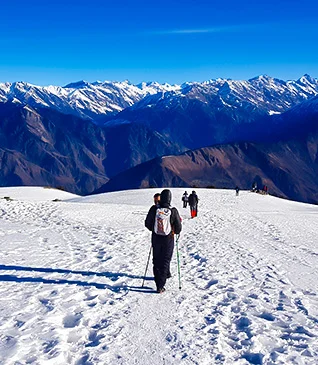
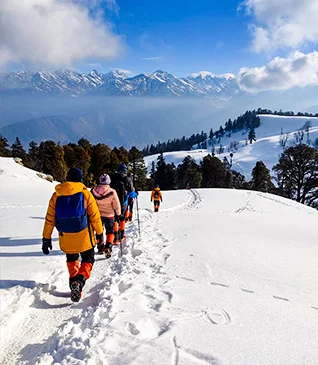
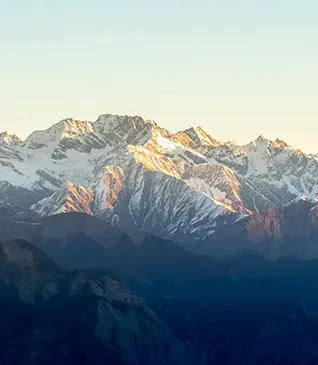

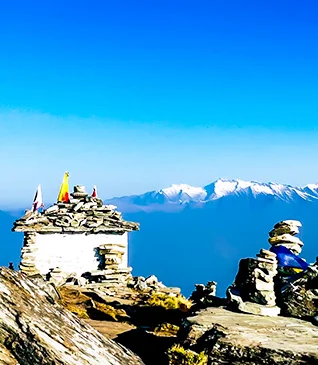
.webp)
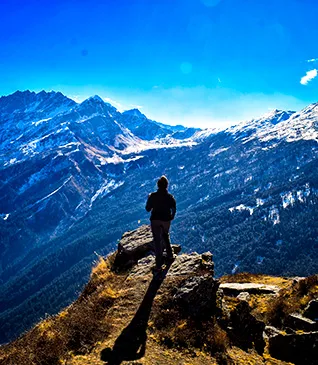
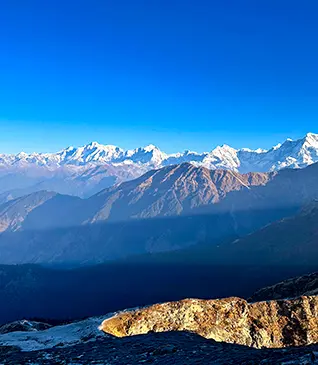
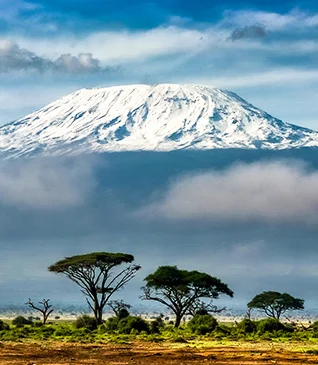
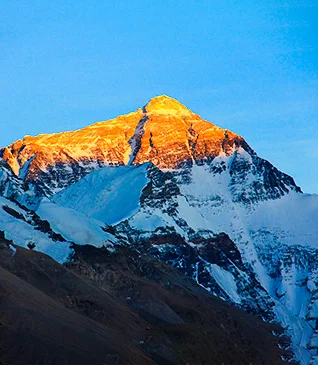
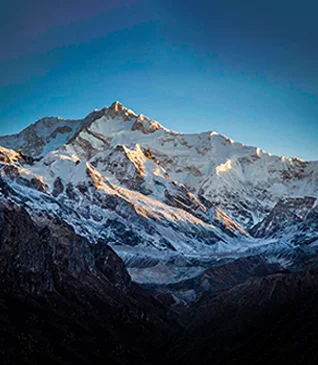
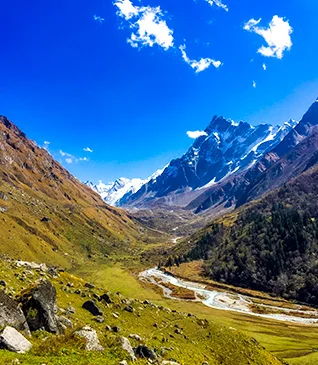
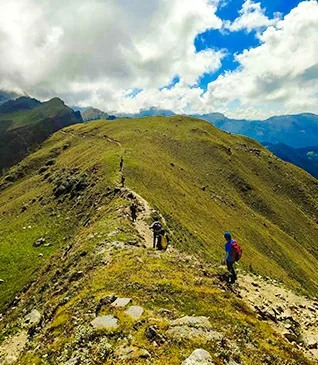
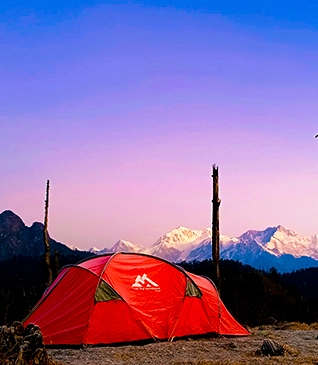
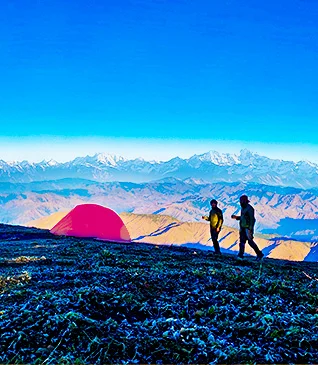
.webp)
.webp)
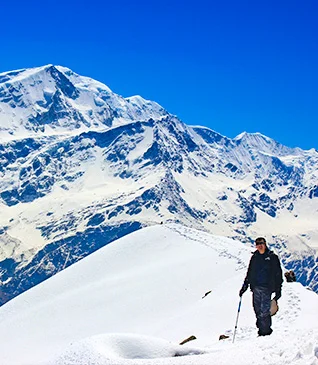
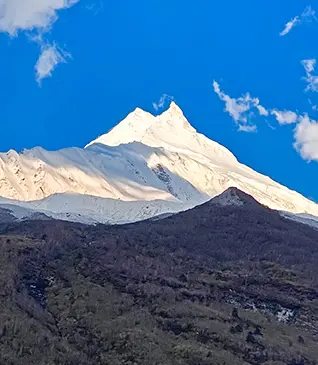
.webp)
.webp)
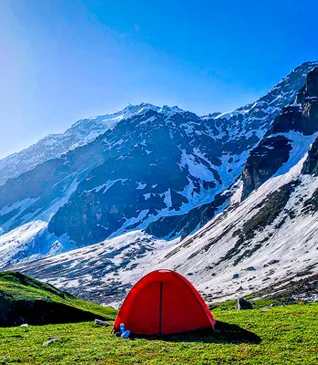
.webp)
